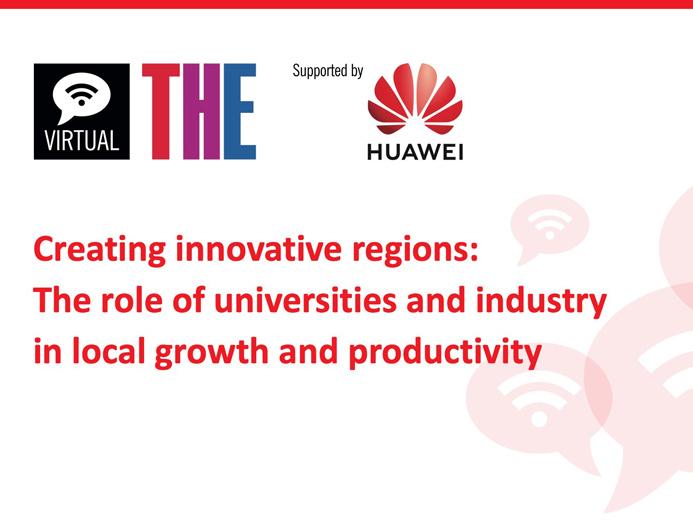
How to foster a civic mindset in the era of AI

You may also like
Civic mindsets can develop in two ways: by challenging power structures or by finding opportunities in them. Challenging existing structures often requires some form of protest. We can find opportunities in them by using their approaches in volunteering and civic activities. Protest and community service are two things that AI can’t do, nor can it help students foster the values needed for solidarity or volunteerism.
Around 2010, a number of scholars realised the potential for formalising activism as education. There was a surge of publications and special courses embracing activist experiential learning. Professors working toward building confidence in civic engagement as protest, or in deep readings of solidarity, were routinely attacked by sceptics who suggested that activism should have no place on campus.
In building civic-mindedness through volunteerism, many universities also embraced experiential learning to bolster community-based participation or even international service learning. These programmes became enormously popular with the offer of combining real-world experience for credit while bolstering extracurricular experience. Private firms became involved by offering some rather disingenuous opportunities for service learning that entrenched colonial aspects of patriarchy while expecting volunteers to pay out thousands for the opportunity. Even local-level experiential learning came under fire for being unable to “check the privilege” of affluent students doing service learning with the poor.
The right attacks civic-mindedness as activism, and the left attacks civic-mindedness as volunteerism. That puts professors in a difficult position if they aim to make the classroom a platform for fostering greater civic engagement. It gets trickier. Not only does AI bring further opportunities to disengage students from course content, but it is impervious to fostering values of civic engagement. I asked ChatGPT if teaching activism or volunteerism was controversial. It told me that it was a multifaceted issue because teaching activism can be “contentious” while teaching volunteerism is not inherently controversial but could raise concerns. Bots love the word “multifaceted”.
The problem is that labelling a conversation “multifaceted” offers little room to connect students to issues or to build confidence to engage in the issues that shape their lives and the world around them. So how do we deal with the bots? They are not going anywhere any time soon, and neither are the political critiques against educators who choose to build civic-mindedness. The key lies in an instructor’s ability to present pressing social and global issues in a way that helps students identify their roles in relation to them.
Find ways to connect students to global issues
Global issues are difficult to envision, and when it comes to the size of an issue, such as global poverty, the numbers can be so overwhelming that students may disengage. Push back by demonstrating progress on the issue. In 1980, 40 per cent of the world lived in extreme poverty. What about today? 10 per cent, 30 per cent or 50 per cent? The answer is 10 per cent, and most people get it wrong because it’s hard to accept that poverty rates plummeted in an era when global inequalities became wider than ever. So now the issue isn’t about there being too many people, or that poverty is inevitable, but that wealth and opportunity are imbalanced.
- Resource collection: Teach your students to be engaged citizens
- Voting counts: how to get more students to the ballot box
- How universities can embed democratic principles and practices into the student experience
Innovate assignments
As educators, we need to set assignments that test knowledge and confidence in approaching global issues. This might require using tools we haven’t had to rely on in the past. Instead of expository essays, set reports that seek students’ unique perspectives on global issues. Offer the types of assignments that invite students to write about personal experiences, to which the chatbots would respond: “I don’t have personal feelings or experiences”. I use Dollar Street, a tool dedicated to debunking stereotypes, to show students what the poorest and richest homes in the world look like, along with the families that live in them. Doing this brings home what life is really like on different income levels. Next semester, I’ll be offering a similar exercise involving cooking to see whether students can prepare meals based on income levels in poor or rich places.
Find other ways to motivate students other than with marks
Don’t oversell the value of your class content or make promises that one motivated student can change the world. But allow for simulations and exchanges that give students a chance to test new ideas in the real world while breaking down stereotypes. I have tried this in several formats, from an online simulation of pandemic management to a trip to Havana to engage in a historical and cultural scavenger hunt around the city. Encourage audacity, which means embracing failed ideas as the strongest learning moments. Civic engagement, be it through activism or volunteerism, requires long-standing commitments to tiring work. Reinforce the values of a university education for skills development. The critical knowledge born on campus can have a massive influence on the way the world works, and being part of the university community helps students find the opportunities to make that impact.
Educators are up against political attacks, disinformation and now, increasingly, adapting but apathetic chatbots. The way that we go forward shouldn’t change; we create spaces that allow small groups of people to see themselves in a broader context, encourage them to dream of what possibilities and opportunities could exist, and then help them to take action. Not every student will come with you, but some will. And those that do will be the ones we turn to for innovation, ideas, leadership and collaboration when the chatbots are eventually left scratching their heads about what more inclusive and engaged civil societies should look like.
Robert Huish is associate professor in the department of international development studies at Dalhousie University.
If you would like advice and insight from academics and university staff delivered direct to your inbox each week, sign up for the Campus newsletter.


